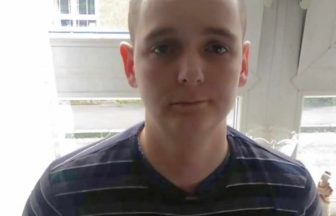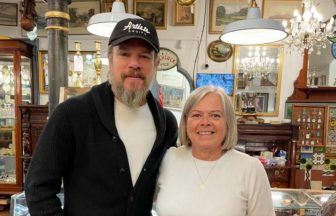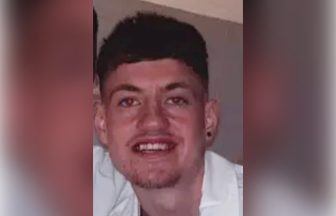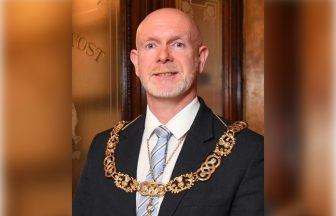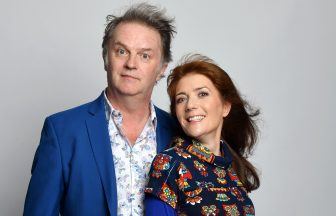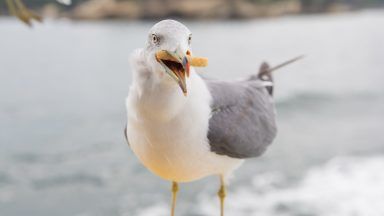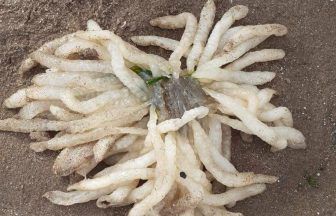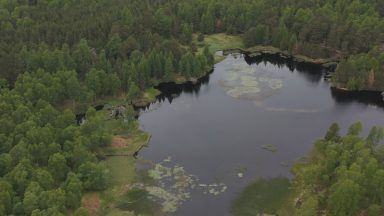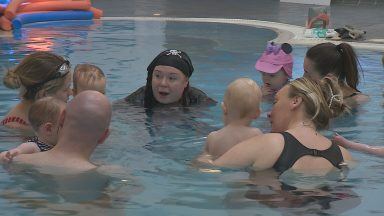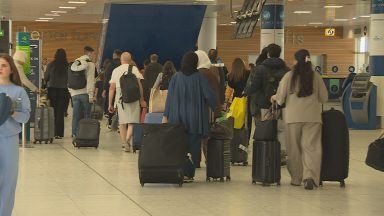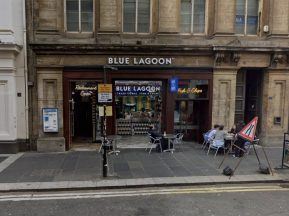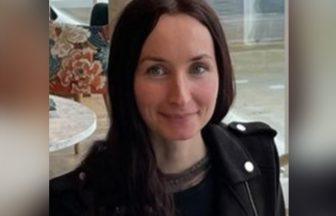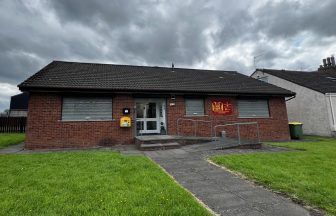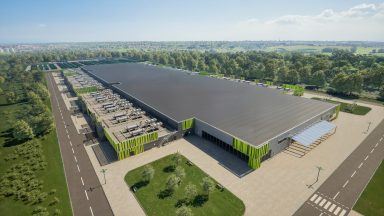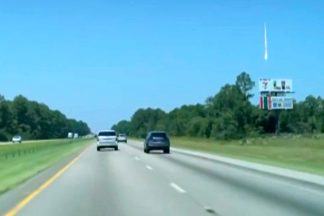A support worker said she feels “lucky to be alive” after battling addiction and wants to show others struggling that there’s “a way out.”
Stefanie Greig, 25, became addicted to street valium and heroin before turning to a local recovery group for help last year.
She is now training to become a recovery worker with Harbour Ayrshire, a charity formed last summer to help vulnerable people and families across the county.
Stefanie opened up about her harrowing journey and said she’s “proud” of how far she has come.
She told STV News: “I was broken. I was a shell of myself. I cried constantly.
“I struggled to say my own name. I thought I would die an addict and I’d accepted that but I didn’t want to die either.
“I didn’t want to live like that.”
Scotland continues to grapple with a drug deaths crisis which was first declared a public health emergency in March 2021.

Scotland has the highest drug-related death toll in Europe and remains one of the highest in the world.
A large-scale study led by Glasgow Caledonian University found the drug-related death rates had trebled over ten years among people with opioid dependence in Scotland, from 6.36 per 1,000 in 2011 to 21.45 per 1,000 in 2020.
Across the whole study involving 50,000 people who used drugs in Scotland, 6,947 people died between 2011 and 2020 – with 4,076 of the deaths linked to drugs.
Figures released by the Scottish Government revealed a 5% increase in suspected drug deaths across the country in the first three months of 2023 compared to the same period last year.
‘I took street valium to get out of my own head’
Stefanie was taking 50 to 100 street valium tablets a day by the time she was 22 before progressing to heroin a year later.
She said she was “in and out” of hospital due to suffering withdrawal seizures and overdoses.
She said: “I knew it was dangerous. It was easy to get and cheap. But I took them to get out of my own head and forget everything happening around about me,” she said.
“I don’t remember being in hospital but I remember waking up sometimes and not knowing how I got there. I was told by my family. It was frightening for them. I am lucky to be alive.”
Stefanie first found out about the Harbour last year when workers visited her ex-partner and she began engaging with them herself.
She was offered one-to-one support and attended the women’s group on Saturdays, which she said helped build her confidence.
She took her last dose of methadone in January 2023 and has since completed her 12-step programme.
Stefanie has since thrown herself into helping other people struggling with addiction, offering advice and lending a listening ear.
“I had lost most of my friends as I had to distance myself from them. But many of them are recovery now and I’m happy with that,” she said.
“Helping other people is a big part of recovery, giving people that wee bit of hope and showing them there’s a way out.”

She added: “It makes me sad that there’s so many people dying from this and there’s a solution here.
“You want to shout it out to everyone but they also have to be ready to get the help. You’ve got to put 100% in.”
Stefanie said she sometimes looks at a photo of herself in the depths of her addiction to remind herself of her progress.
“I feel sorry for that girl in that picture,” she added. “I’ll never forget way she felt.
“I’ve got to always remember that, so I know not to go back. I wish I could cuddle her and say everything is going to be alright.”
Stefanie’s colleagues at the charity have been with her all the way in helping her celebrate her achievements.
Last month, she won the inspirational woman award at a ceremony held by the charity in the Carlton Hotel in Prestwick.
“I’m proud of myself for where I’ve got to today. I think about what I want to be in the future and now I know I can achieve what I want to be.
“Harbour has been safety net for my recovery and they still are to this day.”
Follow STV News on WhatsApp
Scan the QR code on your mobile device for all the latest news from around the country


